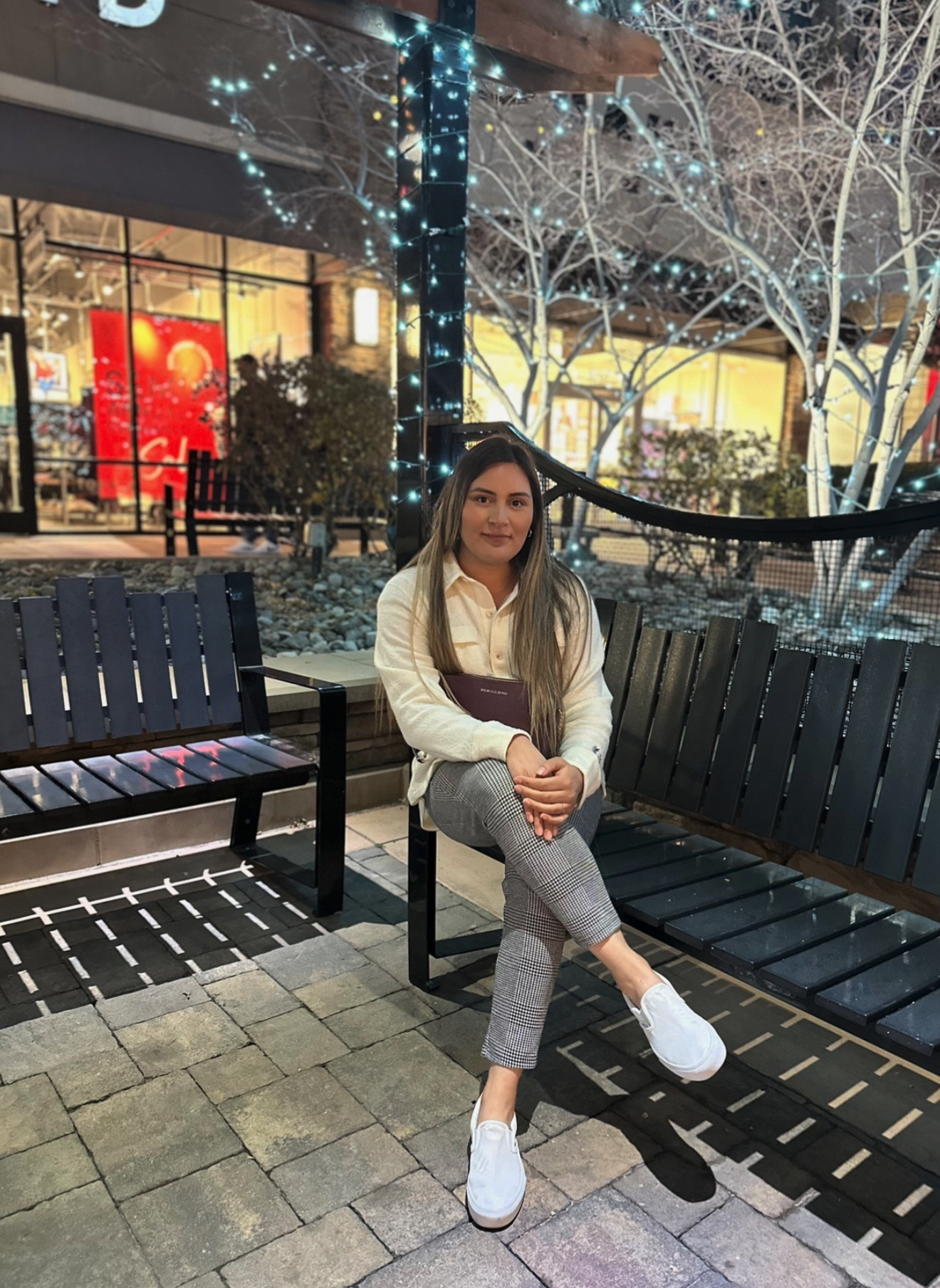 Return to Articles
Return to Articles
2.01.2025
Parent Spotlight: Alejandra Melecio

Alejandra, thank you for participating today, tell us a little about yourself and your family.
I am 33 years old, married, and have been in this country since 2009. I have three daughters, aged thirteen, four, and six, as well as a two-year-old son. As a housewife, I believe my children are too young to send to daycare, and the cost is prohibitively high; I would essentially be working just to pay for it.
Do you currently participate in any parent or family leadership or advocacy groups?
Yes, I have been a part of the leadership group for a year, and I am now involved with First 5.
What led you to join this group?
My love for my children motivated me to join the group. As parents, it is crucial to have that knowledge so we can equip our children with the tools they need to succeed.
What is parent leadership for you?
It's a safe space where you can voice your concerns regarding issues affecting our children and have the power to advocate for them.
Why is parent leadership important?
Here, you will learn about educational topics, tools, resources, and programs that support the development of our children.
What are the benefits of joining a parent group?
The most important tool as a parent is knowledge. In this group, you feel safe to ask questions, and they guide you while teaching you how to lead. I used to be very shy and afraid to ask or seek information, but today I can proudly say that, thanks to this leadership group, I am more involved in my children's education without fear.
What advice would you give to other parents or family members who are interested in participating in leadership or decision-making roles to support early childhood programs and services?
To those interested in taking on leadership or decision-making roles to support early childhood programs and services, I would advise parents: don't be afraid or hesitate to join the group. There is so much to gain in learning and working towards a better future and support for our children.
What programs or services do you think are most important for young children in Nevada?
It is crucial to have even more programs available for our children. For example, pre-kindergarten or early childhood educational programs often have long waiting lists.
Have you experienced any barriers trying to access programs or services for your children?
Living in Reno, NV, the biggest barrier I’ve faced is not knowing the English language. There is very limited information available in Spanish and few staff members who speak the language.
What improvements do you think need to be made to improve Nevada's early childhood system (programs and services)?
I believe it is essential to promote these types of programs and groups more in Spanish. There are many people who are unaware of their existence.






